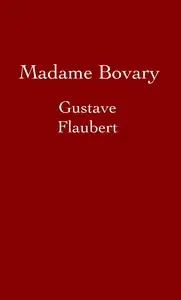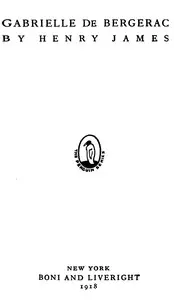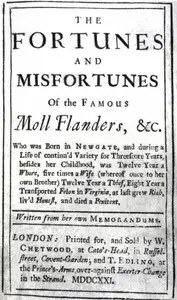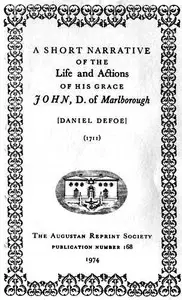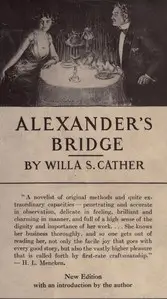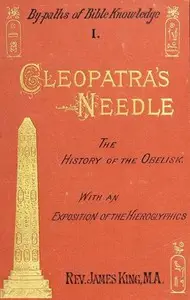"The Fortunate Mistress" by Daniel Defoe is a historical novel that chronicles the compelling life of Mademoiselle de Belau, known as the Lady Roxana, as she maneuvers through the complex landscape of 18th-century society. Roxana's story begins with her family fleeing to England from religious persecution in France and recounts her ill-fated marriage to a foolish brewer. She struggles to survive with five children when her husband disappears. Penniless and trapped by the limitations placed upon women, Roxana begins a journey marked by loss, survival, and a growing awareness of the alluring and dangerous path to independence. She soon recognizes that each choice carries significant moral and social consequences, against the backdrop of cultural and historical constraints.

The Fortunate Mistress (Parts 1 and 2) or a History of the Life of Mademoiselle de Beleau Known by the Name of the Lady Roxana
By Daniel Defoe
Driven from her home and abandoned by her husband, a woman must embrace her growing independence and face the moral tests of society to secure her survival.
Summary
About the AuthorDaniel Defoe was an English novelist, journalist, merchant, pamphleteer and spy. He is most famous for his novel Robinson Crusoe, published in 1719, which is claimed to be second only to the Bible in its number of translations. He has been seen as one of the earliest proponents of the English novel, and helped to popularise the form in Britain with others such as Aphra Behn and Samuel Richardson. Defoe wrote many political tracts, was often in trouble with the authorities, and spent a period in prison. Intellectuals and political leaders paid attention to his fresh ideas and sometimes consulted him.
Daniel Defoe was an English novelist, journalist, merchant, pamphleteer and spy. He is most famous for his novel Robinson Crusoe, published in 1719, which is claimed to be second only to the Bible in its number of translations. He has been seen as one of the earliest proponents of the English novel, and helped to popularise the form in Britain with others such as Aphra Behn and Samuel Richardson. Defoe wrote many political tracts, was often in trouble with the authorities, and spent a period in prison. Intellectuals and political leaders paid attention to his fresh ideas and sometimes consulted him.



